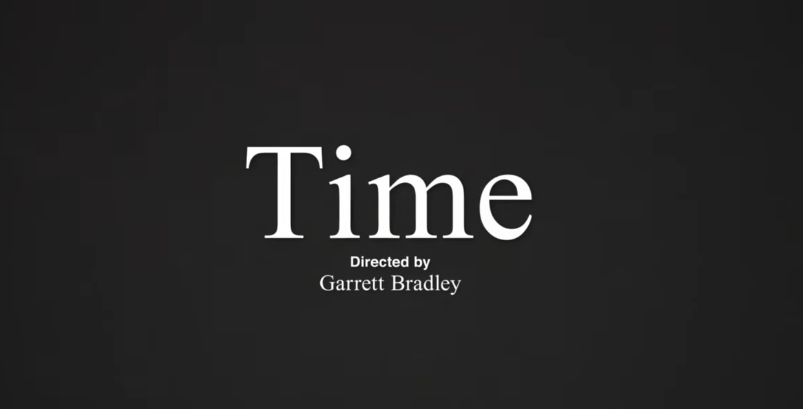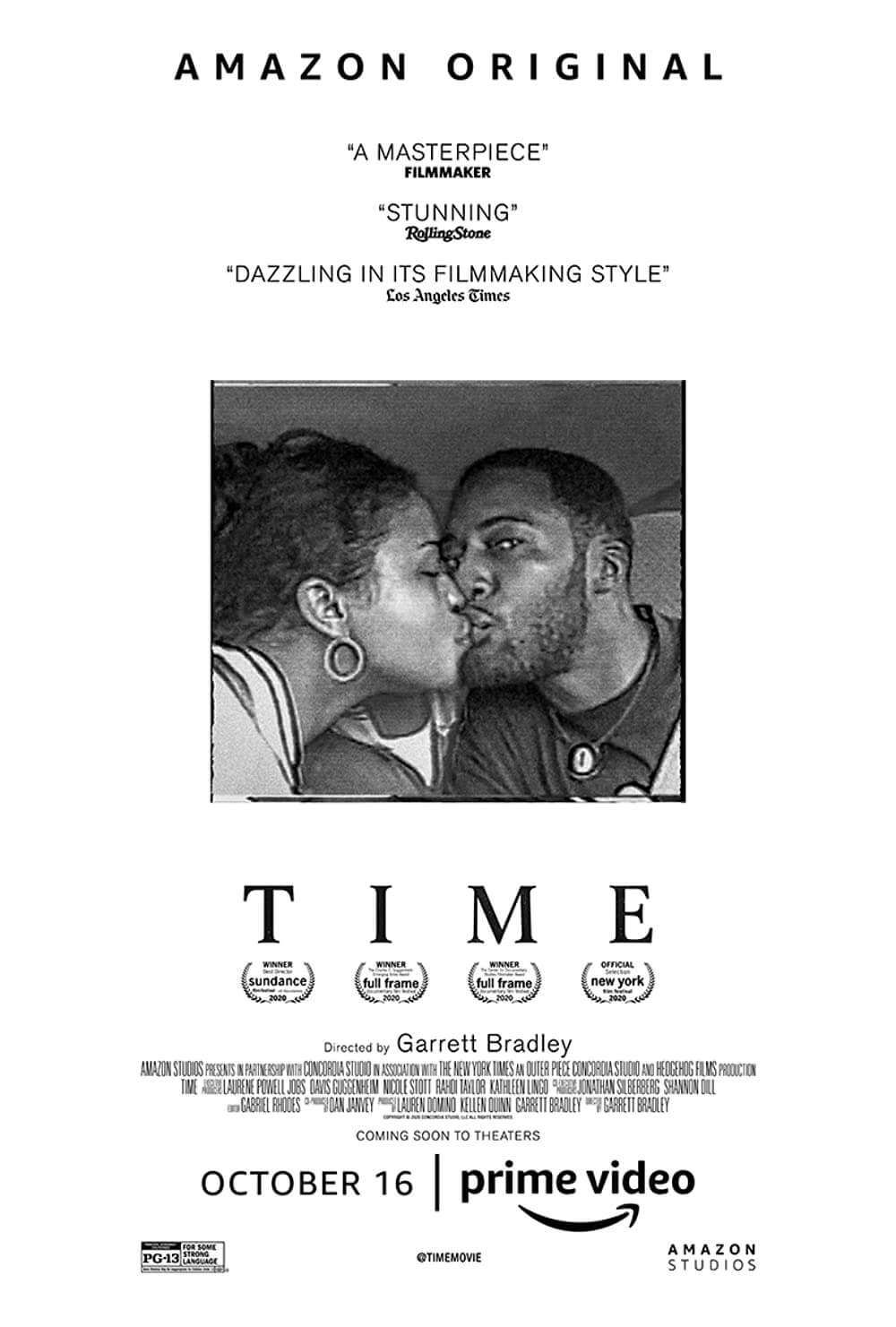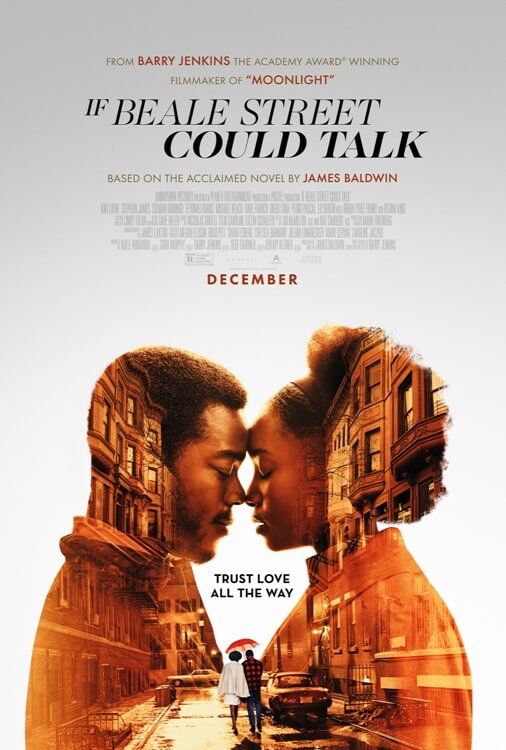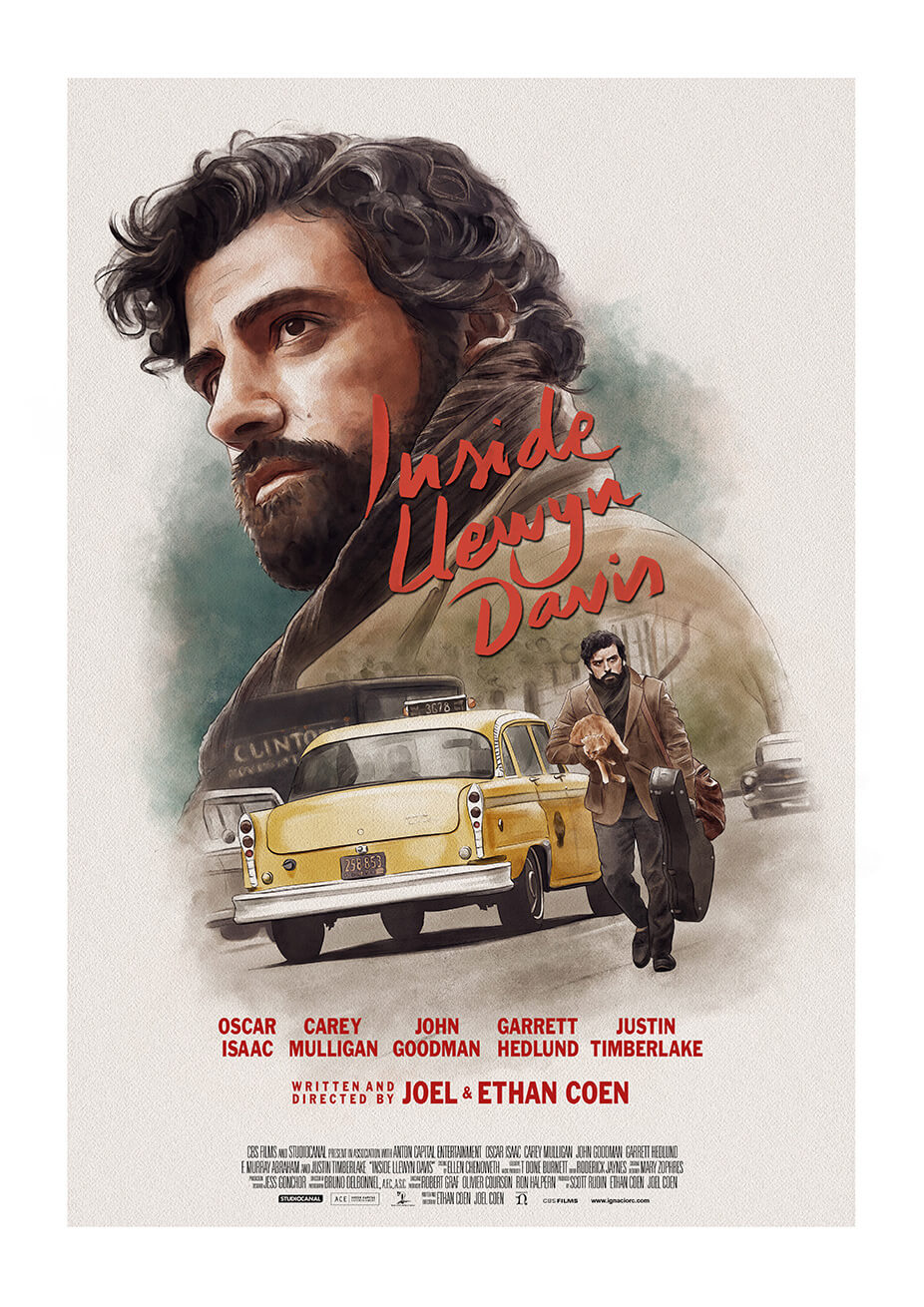[after thumbing through a barely used copy of Discipline and Punish, contributing writer and resident “person-who-brags-at-every-available-opportunity-about-having-read-Foucault” marrrrrrr likes to sit down with a humble meal and watch a documentary about justice reform activists to better understand the political through the lens of the personal (or some other misunderstood slogan or something). this is Midnight Movies.]
film: Time (2020)
food: pork and jalapeño ramen.
pre-game: documentary by garrett bradley (filmed over 20 years, if i’m understanding right) that covers one woman’s decades long fight to get her husband released from a louisiana prison after their role in an armed robbery (she served 3.5 years). lots of praise. nominated for best docu oscar, and a fitting kick-off to black history month. (sidenote: avail on prime)

post-game: Time, the sundance-winning documentary from director Garrett Bradley, reminded me of the popular refrain about the appropriate way to appreciate jazz: “you have to listen to the notes they’re not playing.” this is a documentary about a complex social issue that features no statistics or on-screen graphics, a documentary about an ongoing court case that consults no attorneys and contains no explanation of the existing legal strategies or outcomes, and a documentary that shifts frequently between different characters and time periods, yet contains no title cards or lower third graphics telling the audience what is already understood from context.
more poem than polemic, as a movie, Time is a powerful argument that less can mean so much more.
combining nearly 18 years of home movies with recently shot footage, Time follows Sibil Fox Richardson (sometimes known as Fox Rich) as she fights for the release of Rob Richardson (her husband and father to her six children) from a louisiana prison where he is serving a 60-year sentence “without the possibility of parole” for the 1997 armed robbery of a credit union.
according to wikipedia, the prison in question, named “angola” after the former plantation where it sits, is the largest maximum-security prison in the united states. nearly any other director would have jumped at the chance to include these informational tidbits in the movie. Bradley, as is emblematic of the broader approach she takes to the material, includes only a brief shot of a sign for the now defunct “angola ferry” which shuttled prison personnel back and forth across the mississippi river for work. for many viewers (including myself), it will be nothing more than a way to establish the setting. but if you know, you know.

if Time can be likened to jazz, then the biggest “unplayed” note is the presence of Rob himself. seen only briefly in archival footage, it’s not until the movie’s closing minutes that the present-day man finally makes an on-screen appearance. instead, the film creates emotional resonance by communicating around his absence, showing, for example, a montage of Sibil establishing herself as a lecturer and motivational speaker over the course of his incarceration, or transitioning between a home movie of son Remington to his graduation from dental school. his family is present to cheer him on.
none of the characters, nor the movie itself, feel the need to point out the tragedy that Rob isn’t there. it’s an absence that’s felt.
the film’s approach is likely to alienate and frustrate some of the people who watch it, however. pick any website that aggregates user reviews and you’re going to find plenty of low ratings from (i’m going to go out on a limb here and say probably mostly white) viewers complaining how Time refuses to cover any of the details of the robbery — with some people even incensed that the movie would have the audacity to try to get you to sympathize with “criminals.” a particularly popular sticking point seems to be how Rob refused an initial plea deal for thirteen-and-a-half years, a detail mentioned only in a brief aside by his mother-in-law, who helped raise the children when Sibil herself was serving three-and-a-half years for her part in the robbery.
on the one hand, i’d be lying if i said i wasn’t also curious about a more in-depth look at the Richardsons’ lives leading up to the robbery and subsequent legal case, if for no other reason than it would provide a less opaque window into both who they are and how the justice system can routinely manufacture such cruel circumstances for them and millions of others.
on the other, what difference would it make? one of the themes of Fox Rich’s lectures is that the past is past, and that the here and now demand that you put “one foot in front of the other” to keep moving forward. similarly, Time seems to emphasize that whatever Rob did is irrelevant to the trauma being willfully visited upon their family now.
by playing unexpected chords, Bradley asks: what amount of money robbed would possibly make what was stolen from the Richardsons true justice?
rating: a contemporary masterpiece in negative space. alas, i can’t be more specific.



